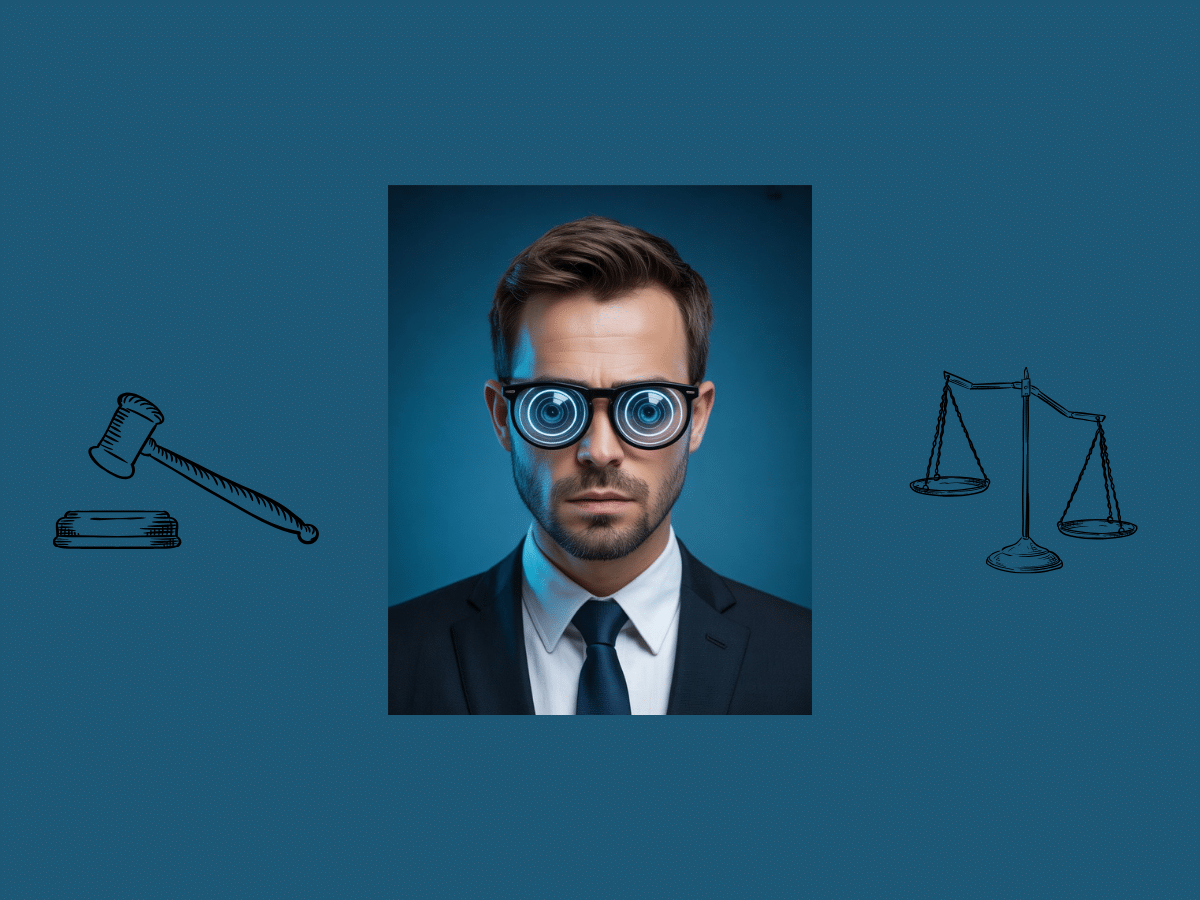Deepfakes and Law Firms: Why Attorneys in San Diego & Orange County Are a Prime Target for AI-Powered Cybersecurity Threats
And why Law Firms in Southern California Are Especially Vulnerable
While much of the news has focused on corporate executives as victims of deepfake scams, law firms, especially small to mid-sized practices, are prime targets for several reasons:
- Expansive Digital Footprints: Attorneys often speak at public events, publish articles, and maintain visible online profiles. These are the raw materials cybercriminals need to generate realistic deepfakes.
- High-Value Legal Data: From M&A deal documents to client medical records, law firms safeguard some of the most sensitive, sought-after information by cybercriminals.
- Time-Sensitive Pressures: A fake email or voicemail demanding immediate wire transfers or confidential disclosures can be especially effective against lawyers working under tight deadlines.
- Weak Remote & Home Networks: Many attorneys still rely on under-secured home Wi-Fi and personal devices which are prime entry points for attackers.
For law firms in San Diego, Orange County, and Riverside, where the legal market is highly competitive, a single data breach can permanently damage a firm’s reputation.
Real-World Risks of Deepfakes for Attorneys
Imagine receiving a voicemail that sounds exactly like your managing partner, instructing you to release client escrow funds immediately to avoid a deal falling through. Or an email appearing to come from your paralegal, urgently requesting access to a matter file. These aren’t hypotheticals—they’re happening now.
The Ponemon study found that 28% of respondents had seen impersonations of trusted colleagues or family members, while 21% reported urgent deepfake messages demanding payment or sensitive information (Ponemon, 2025).
For law firms, the consequences are twofold:
- Financial Risks: Fraudulent transfers, ransom demands, and recovery costs.
- Reputational Damage: A single incident of leaked data or mishandled funds can irreparably erode client trust.
Cybersecurity Best Practices for Law Firms
Protecting against AI-powered impersonation requires a layered cybersecurity strategy that acknowledges the ethical, regulatory, and reputational stakes unique to legal practices.
- Multi-Factor Authentication (MFA): Every account, every device. Many bar associations, including California, now emphasize MFA as part of an attorney’s duty of technological competence (California State Bar, Rule 1.1).
- Email & VoIP Security for Law Firms: Deploy filters that flag suspicious metadata in emails, attachments, or voice calls.
- Cybersecurity Training for Attorneys: Teach lawyers and staff to slow down, verify requests through secondary channels, and recognize red flags of urgency or secrecy.
- Law Firm Incident Response Plans & Playbooks: Include protocols for suspected impersonation attempts, such as freezing transfers, alerting clients, and documenting evidence.
- Vendor & Cyber Insurance Alignment: Ensure your Managed Service Provider (MSP) maps controls to cyber-insurance requirements and ABA confidentiality rules (ABA Formal Opinion 477R and 483).
Why Cybersecurity Is a Competitive Advantage for San Diego & Orange County Firms
Firms that proactively address law firm cybersecurity in Southern California won’t just be compliant—they’ll stand out. Imagine the confidence clients feel knowing their attorneys conduct regular phishing tests, monitor for deepfake impersonations, and secure every digital doorway.
This is about preparation. As AI-driven threats escalate, California firms that integrate cybersecurity for law firms into their practice management will not only protect their reputation but also differentiate themselves in an increasingly competitive legal market.
In Southern California, call Network Titan today to level up your firm’s cybersecurity. Or book a quick call and we’ll call you back when it’s convenient for you. Use this link: https://www.networktitan.com/schedule-a-call
Sources:
- Ponemon Institute, 2025 Digital Executive Protection Report
- California State Bar, Rule 1.1, Duty of Competence
- American Bar Association, Formal Opinion 477R on Securing Client Communications

